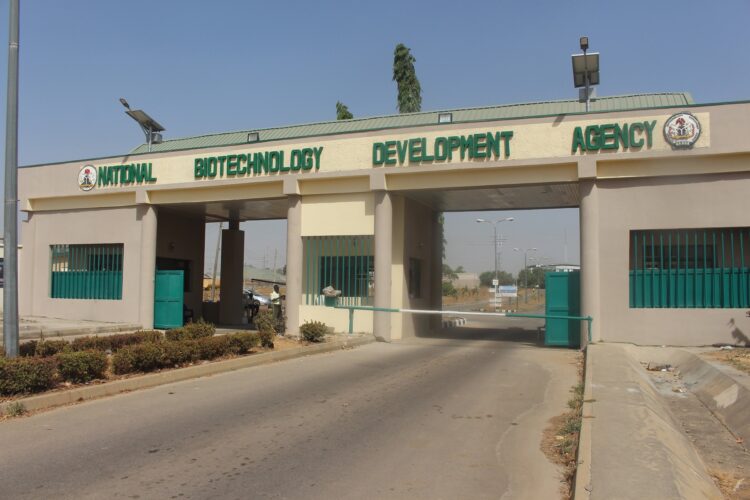Prof. Abdullahi Mustapha, Director General of the National Biotechnology Development Agency (NABDA), believes that applying biotechnology to agriculture can ensure large food production from limited land.
Mustapha stated this on Wednesday during the Biotechnology and Biosafety Sensitisation training for medical practitioners in Abuja, and expressed hope that this would safeguard the country’s food security.
The workshop’s theme is “Educating Medical Practitioners on the Science, Safety, and Benefits of Agricultural Biotech Products.”
According to the D-G, modern biotechnology practice, which employs genetic modification techniques, would result in safer, cheaper, higher-quality products with less waste and lower energy use.
He also mentioned other advantages like less water in an increasingly unpredictable environment and market, reduced manual labor, and the production of more nutritious and safe food.
Mustapha went on to say that the biotechnology approach would result in more environmentally friendly and long-lasting products.
According to the News Agency of Nigeria (NAN), biotechnology is the use of scientific tools and live organisms to modify plants, animals, or microorganisms in order to produce valuable products.
In Nigeria, pest resistant beans and cotton are among the contemporary biotechnology crops being developed and commercialized.
Dr. Sani Ahmed, Registrar, Department of Family Medicine, Federal Medical Centre, Abuja, said the training will help him clarify his patients’ misconceptions about GMOs and educate them on how it could improve their overall well-being.
“We have the opportunity to learn more about genetically modified organisms and how they affect human health, either directly or indirectly.”We have the right to tell them that these GMOs are safe based on all of the facts presented today, which will go a long way toward boosting food production and food security in the country.









